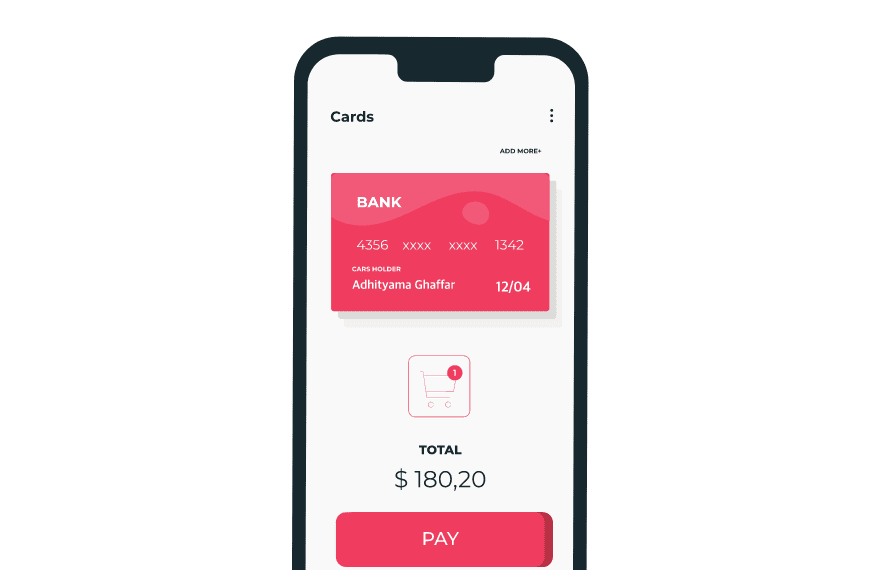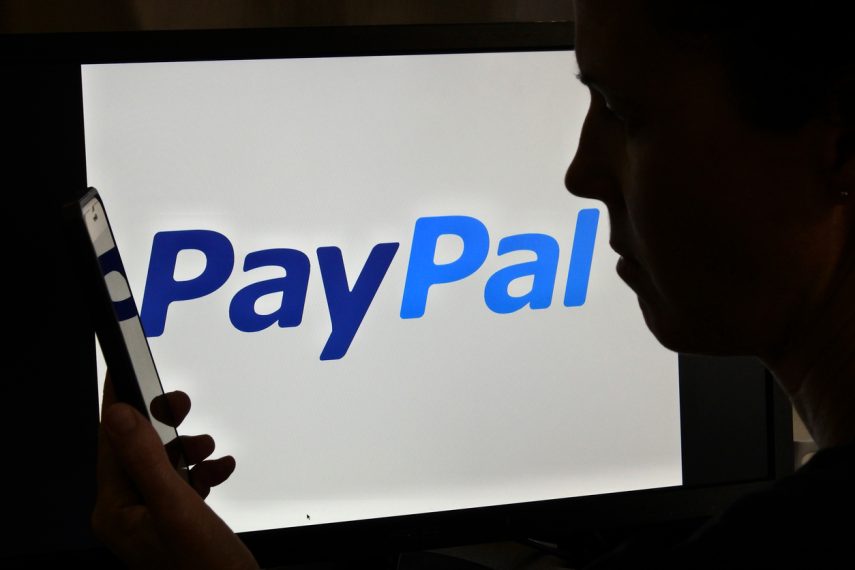You’ve finally launched your online business, and things are looking up. Sales are trickling in, and you can already see the growth potential.
As a seller, you’re relieved; PayPal, the ubiquitous payment processor, is making transactions a breeze. Customers from all corners of the world can make purchases with just a few clicks. It’s the epitome of financial convenience in the digital age.
But then, you hit a bump. One morning, you log into your PayPal account to find your funds are unavailable. Your hard-earned money is suddenly inaccessible, leaving you baffled and stressed.
What could be going wrong? You’ve heard of technical glitches and minor delays, but this seems like a whole different ball game.
While you’ve heard about Instagram Jail, PayPal has its own blocks that can trigger based on your business transactional activities.
It’s PayPal Jail. Or, PayPal Hold.
It’s a situation no online merchant wants to find themselves in, especially when bills are due and you’re counting on those funds. And yet, it’s a challenge that many unwittingly face.
But don’t worry; knowledge is power, and understanding what you’re up against is the first step in navigating these choppy waters.
What is PayPal jail?
PayPal Jail, sometimes referred to as PayPal jailbreak, is an informal term used to describe a situation where PayPal temporarily restricts access to funds in a seller’s account. This usually happens when a seller is new, or when there are sudden changes in account activities such as a sudden spike in sales or a high number of disputes or chargebacks.
PayPal Jail can last anywhere from a few days to several months, depending on the severity of the issue. During this time, you will not be able to access your funds or make any transactions using your PayPal account.
Reasons you could end up in PayPal jail
To avoid getting stuck in PayPal Jail, it is important to understand why it happens and what you can do to prevent it.
Some common reasons why PayPal may withhold your funds or limit your transactions include:
- New account: Recently created PayPal accounts are often subject to restrictions.
- High-risk business model: Certain types of businesses are considered higher risk and may face holds.
- Unusual activity: If you suddenly start making large or unusual transactions, PayPal may freeze your account until they can verify the legitimacy of the transactions.
- Customer disputes: A high number of chargebacks or complaints can trigger a hold.
- Incomplete account information: Not providing sufficient details or failing to link a bank account.
- Suspicious activity: If PayPal suspects that there is fraudulent activity on your account, they may freeze it to protect you and other users.
How to avoid PayPal jail
To steer clear of PayPal Jail, you could consider the following steps:
- Be transparent: Provide detailed descriptions of the items you’re selling.
- Keep records: Maintain accurate and accessible records of all transactions.
- Verify account: Complete all the verification steps PayPal recommends.
- Gradually scale: Don’t go from zero to high sales volumes overnight.
- Customer service: Ensure good customer service to minimize disputes.
What to do if you’re in Paypal jail
If you find yourself in this predicament, here’s what you can do:
- Contact customer support: The sooner you clarify the situation, the quicker you can resolve it.
- Provide documentation: Give PayPal whatever information they require to resolve the hold.
- Wait: Sometimes, all you can do is wait for the review period to end.
Legal aspects of PayPal Jail
If you find yourself in PayPal Jail, you may be wondering about the legal implications of the situation. While PayPal Jail is not a criminal offense, there are legal consequences that you should be aware of.
If PayPal suspects that you have engaged in fraudulent activity or violated their terms of service, they may freeze your account, limit your access to funds, or place a hold on your payments. This can be a frustrating and stressful experience, but it is important to understand that PayPal is within its rights to take these actions.
If, on the other hand, you have been accused of fraudulent activity, law enforcement may become involved. PayPal has a Global Investigations Team that works with local, national, and international law enforcement agencies to apprehend and prosecute criminals.
If you are found guilty of PayPal fraud, you could face prosecution and sentencing by the justice department. Case in point, Marcos Ponce
It is important to note that even if you do not face criminal charges, there may still be legal consequences. PayPal may pursue civil action against you to recover any funds that were lost due to your fraudulent activity. This could result in a judgment against you and even wage garnishment to repay the debt.
In some cases, PayPal Jail may be the result of a misunderstanding or mistake. If you believe that your account has been frozen or limited in error, you should reach out to PayPal’s customer service to resolve the issue.
Can PayPal steal money from your bank account?

The question of whether PayPal can steal money from your bank account raises concerns about the security of online financial transactions.
To address this directly: No, PayPal cannot and does not “steal” money from your bank account. PayPal operates under strict regulations and is obliged to follow financial and legal requirements set by various governmental bodies.
PayPal, as a company, is subject to various laws that govern electronic funds transfers, customer data protection, and anti-money laundering efforts.
Agencies such as the Federal Reserve and the Consumer Financial Protection Bureau in the U.S. serve as regulatory bodies that oversee PayPal’s operations.
These regulations are in place to ensure the safety and security of both your data and your funds.
How PayPal accesses your bank account
When you link a bank account to your PayPal account, you’re essentially permitting PayPal to initiate transactions on your behalf. These transactions include transferring money to your PayPal balance or withdrawing funds to cover purchases.
However, any such actions are triggered by activities you authorize, such as making a payment or transferring funds.
When things go wrong
While PayPal itself won’t “steal” your money, issues can arise that may feel like your funds are being taken unjustly:
- Unauthorized transactions: If someone gains unauthorized access to your account, they can initiate transactions without your consent. In such cases, PayPal has measures that may help you recover your funds.
- Account holds: As we discussed in the PayPal Jail section, sometimes your money may be temporarily held. However, these holds are protocol-based and can often be resolved.
- Fees: PayPal does charge various types of fees for its services, and if you’re not aware of them, these could catch you off guard.
For peace of mind, regularly monitor your bank and PayPal accounts. Keep your account credentials secure, and be wary of phishing scams that aim to steal your login information.
Taking action
If you suspect any fraudulent activity, contact PayPal’s customer support immediately. You can also file a report with the appropriate authorities. For a detailed guide on how to protect your account, you may want to consult PayPal’s Security Center.
Understanding how PayPal interacts with your bank account can help dispel fears and misconceptions.
For more comprehensive guides on navigating PayPal as an online seller, consider resources like PayPal’s own support page or various forums dedicated to e-commerce issues.
Conclusion: Be prepared, not scared
You now know what PayPal Jail is, why it happens, and how to either avoid or deal with it. Being informed is your best defense against unexpected holds on your funds. Make use of available resources, like PayPal’s support page, and don’t hesitate to contact customer service for clarifications.
It’s all about staying ahead of issues before they disrupt your business. Armed with this knowledge, you’re better positioned to navigate PayPal’s policies and keep your online venture running smoothly.
Do you have any more questions or topics you’d like to explore?


